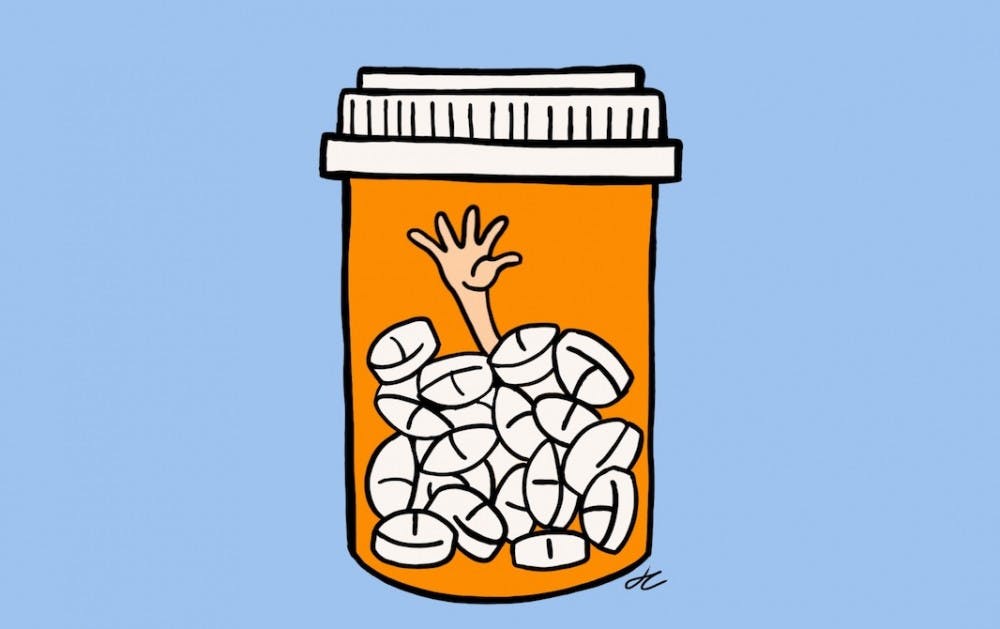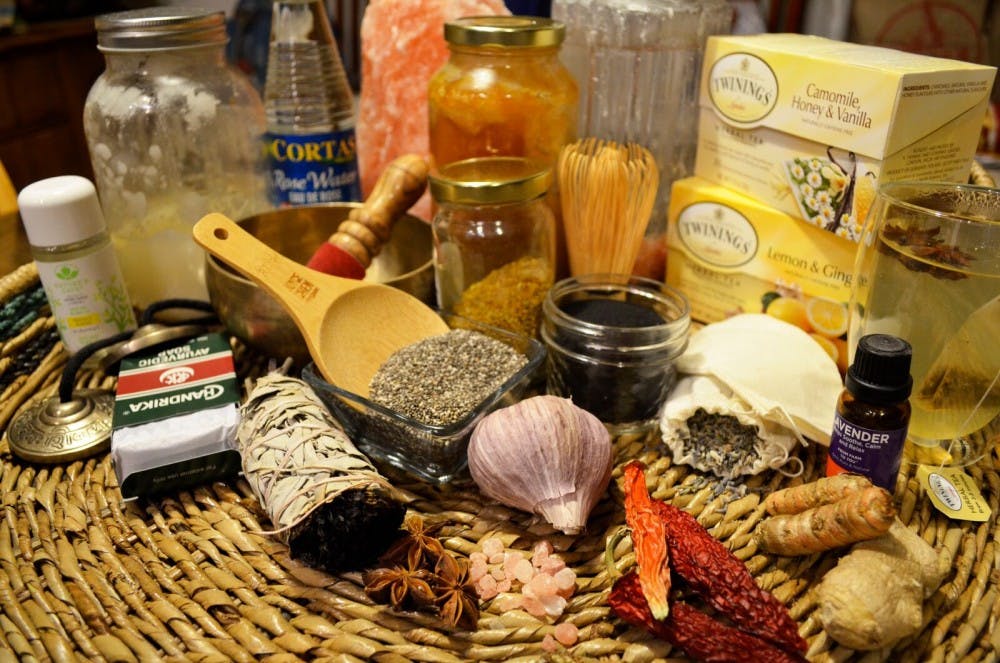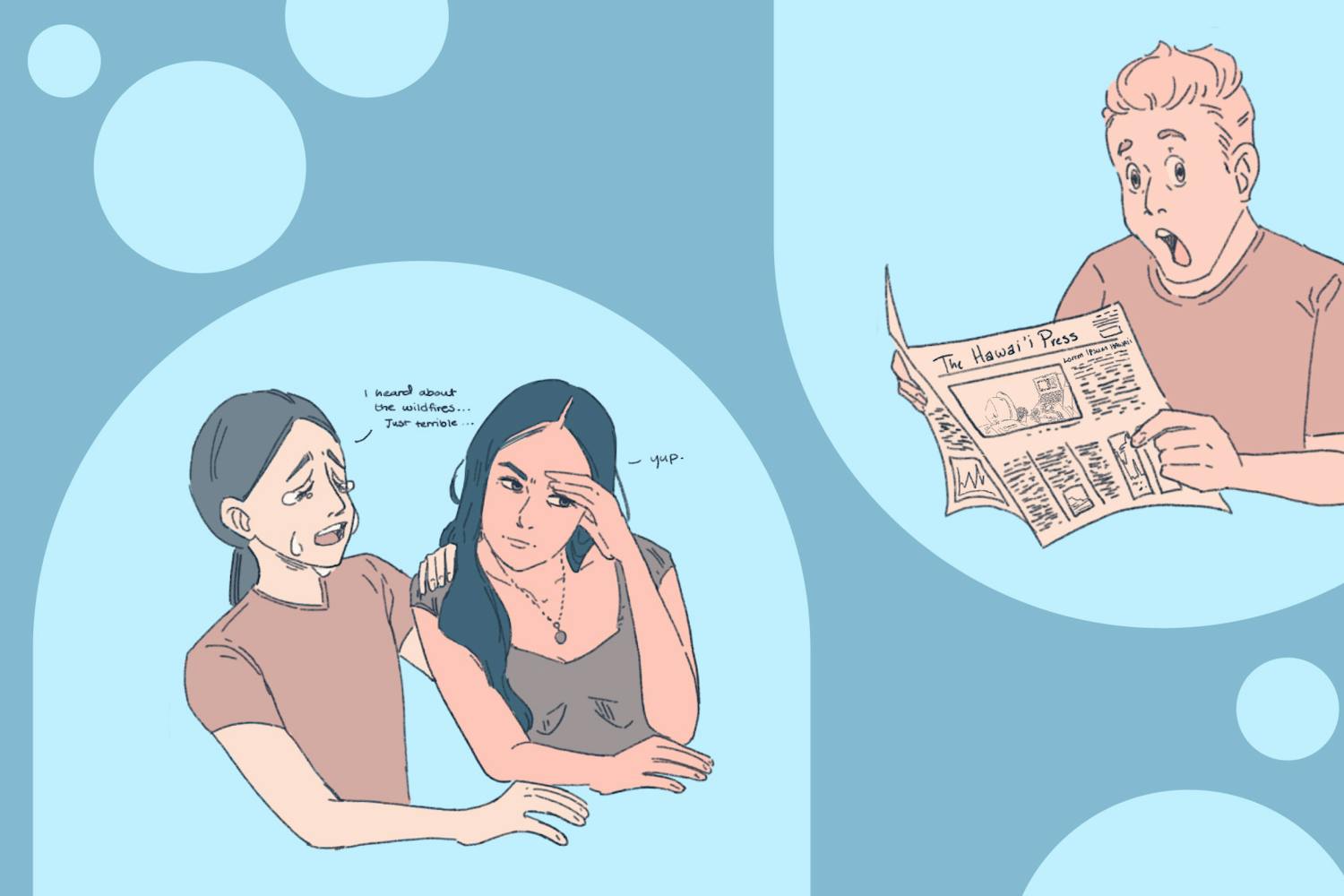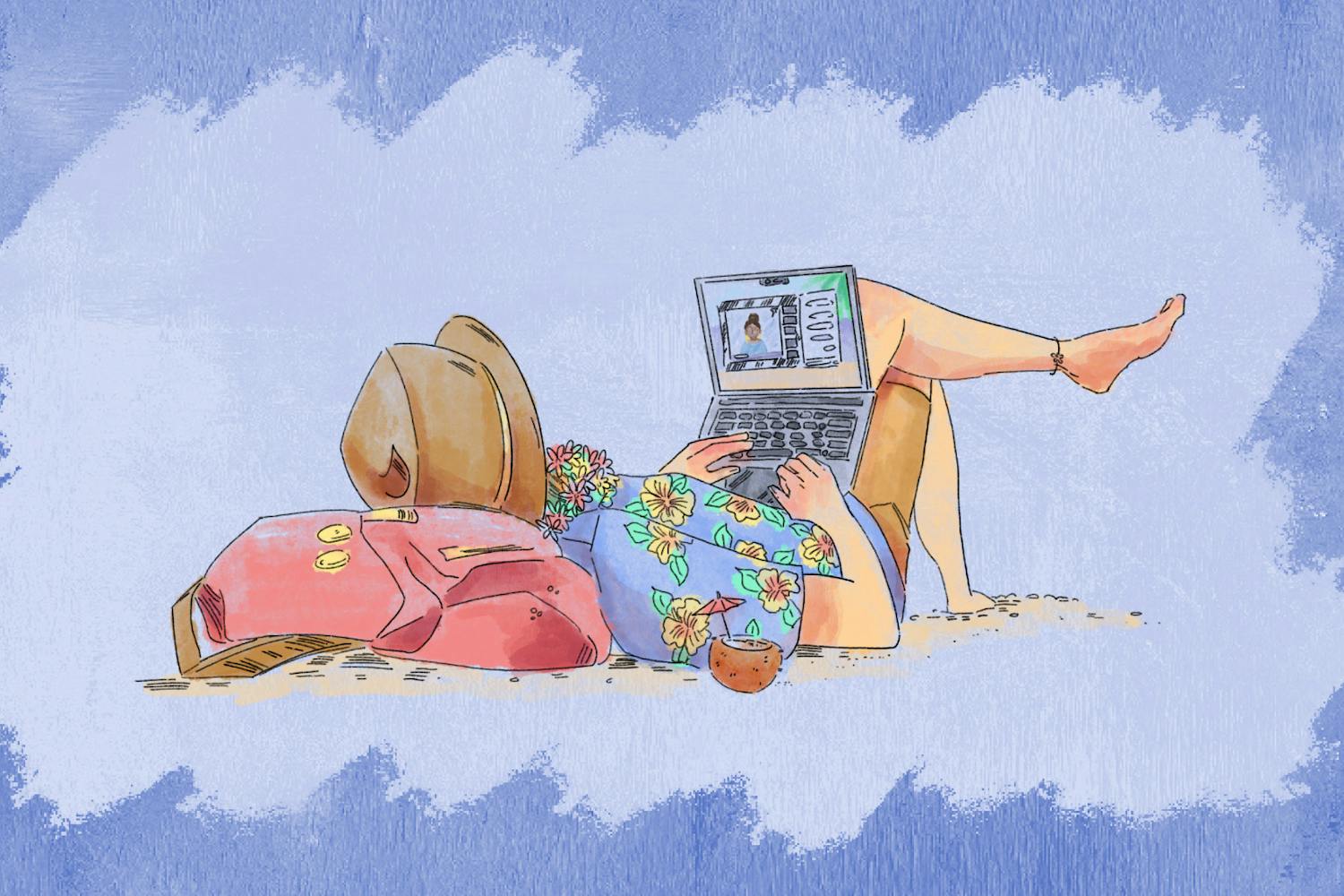You wake up in the morning and it hits you. No stranger to this feeling, you know exactly what’s coming: a cold.
You jump out of bed, head to the kitchen and make yourself a warm concoction of lemon, honey and pepper in hot water. While waiting for the concoction to boil, you noticed a new pimple on your cheek. Annoyed, you sigh and get out the turmeric and yogurt to make a face mask for your acne. Your roommate suggests you use Differin .1 gel for it.
You pause for a second. What do you do? Do you choose the option of home remedies or prescribed medicine?
For the common cold, there are people who use home remedies as well as those who run straight to the doctor. ASU medical students discuss the benefits and their preferences for using both.
Sanna Naveed, a biomedical sciences sophomore, says she uses home remedies such as a turmeric, yogurt and honey mix for facial acne and dark spots, and a mix of oils for her hair.
“Personally, I think home remedies are a very effective and cheap way to cure myriads of problems, whether they be skin, hair, diet or health related," Naveed says. "Even historically, before current medicine, spices and herbs were the main cure for majority of issues.”
However, while home remedies may work for you or someone you know, this approach to self-treatment may require some trial and error.
“It's something you have to look into, research and experiment with to see what works for you,” Naveed says. “But even still, they are cheaper than many store bought medicines and products.”
Many people use home remedies that are either strongly recommended by friends who have tried them and seen great results or by family members as an age-old remedy.
Jasmine Cura, a sophomore nursing student, says that although she prefers prescribed medicine, her mother has taught her to make a drink using a herb commonly found in the Philippines, where her family is from.
“It's basically squeezed clamansi, a prominent citrus fruit in the Philippines and other area in Southeast Asia, but you can find them in Asian stores, in hot water with honey,” Cura says.
Cura says that some home remedies are effective because the ingredients have proven medically beneficial properties, and people believe that will help cure them as well as pharmaceutical medicines.
“We have to understand that home remedies are just like prescribed medicine in a sense that its power to effectively treat depends on the physiological and psychological circumstance of the person taking it,” Cura says.
Malini Govindan, a gynecologist and OBGYN at MomDoc in Chandler, says that she used turmeric with milk when an infection was going around early November and many people were falling sick.
Turmeric milk is just one kind of home remedy many Indians use.
Another common home remedy from the southern regions of India is a drink called kashaayam, made with freshly picked Indian borage, tulsi and betel leaves boiled in hot water with pepper, honey and cumin, and then filtered. When you drink it warm, it leaves a burning sensation in your throat that soothes the throat infection and helps cure your cold.
Allison “Alli” Tooms, a senior nursing student, talked about the placebo effect.
“Much of healing can be mental, so using items you believe can help you can be beneficial in care,” Tooms says. “This is called the placebo effect.”
Tooms mentioned that she uses home remedies but is a big proponent for pharmacological interventions as well.
“Non-pharmacological interventions such as ice, warmth, essential oils and music therapy have been effective in pain and anxiety relief, and in partnership with pharmacological interventions, can really help,” Tooms says.
“Herbal and supplemental remedies such as melatonin, multivitamins, etc. can be helpful but also aren't regulated by the government, which can be dangerous since you may not exactly know what is in the over the counter vitamin supplements. Like most things in life, it is all about a balance.”
Cura says that home remedies are usually OK as long as they do not interfere with the patient's well-being. She says that it is greatly emphasized in her curriculum that she understands the patient's culture, values, home and work life. She must then combine that knowledge with the medical issue to help understand what medication would be right for the patient. Govindan agreed.
"Home remedies are better for common diseases because of side effects from over-the-counter drugs," Govindan says. "For example, hyperactivity from Aleve. Some people can't sleep when they take that medicine."
Regardless, all of them advise to call your doctor when illness interferes with your daily life.
"Usually, I try to use home remedies first if the illness is in the beginning stages and then go to the doctor," Govindan says.
Cura believes that going to the doctor is important to pinpoint the cause of the illness.
"Speaking to a physician is imperative because they will provide the specific problem causing the illness and the proper treatment for the individual at hand," Cura says. “As good as home remedies may be, I don't believe it has as much potency as prescribed meds that are meant to have particular jobs to combat the certain health concern of the ill person.”
Still, Naveed advocates that there’s no doubt home remedies can be very effective as well.
“I have had healthy 80-year-old relatives swear that home remedies are what is keeping them alive,” Naveed says.
Reach the reporter at ranjanivk@gmail.com or follow @RanjPhoenix on Twitter.
Like The State Press on Facebook and follow @statepress on Twitter.






